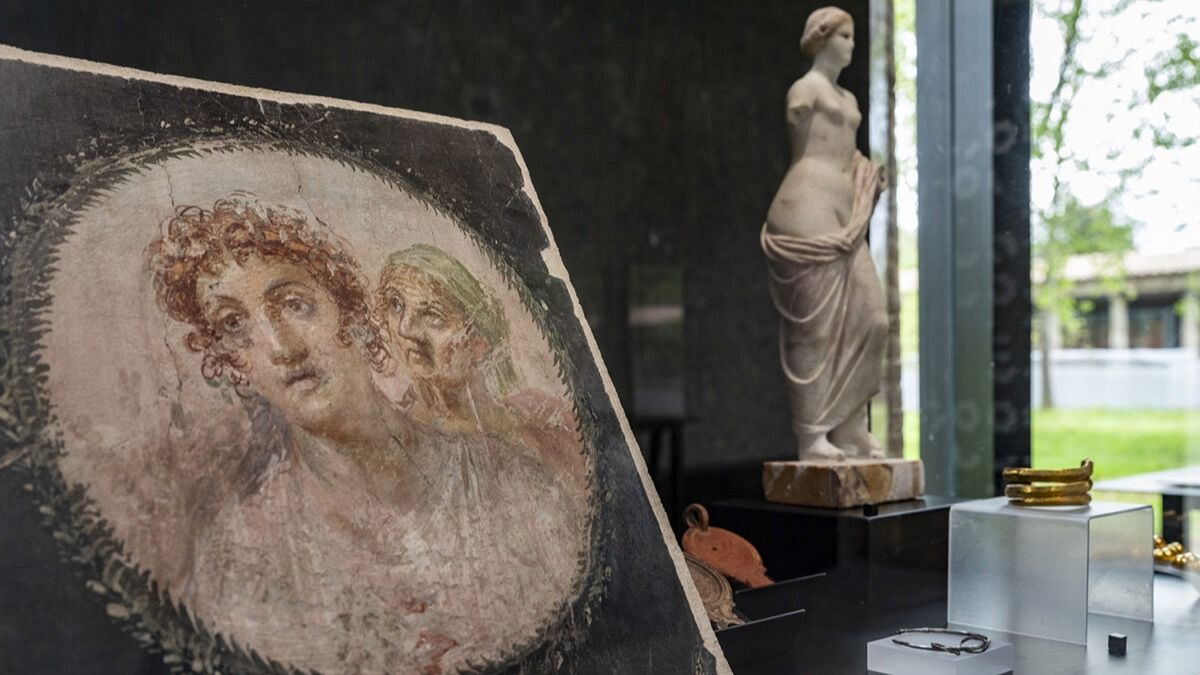The Academy Awards have announced the implementation of a set of new rules for next year’s ceremony – which will take place on 15 March 2026.
All Oscar voters will be required to watch every film in the categories they’re voting for. Up until now, voters had only been encouraged to watch the nominees, and vote in categories they felt qualified in.
“Academy members must now watch all nominated films in each category to be eligible to vote in the final round for the Oscars,” announced the Academy.
Sounds immensely sensible – and it’s somewhat baffling that this wasn’t already the norm...
However, it is currently unclear how this rule will be implemented to ensure all voters actually watch all nominated films in their respective categories.
The Academy also put forth a handful of new regulations on issues including AI, refugee filmmakers and the newly launched casting category.
On whether the use of AI impacts eligibility, the Academy wrote: “With regard to Generative Artificial Intelligence and other digital tools used in the making of the film, the tools neither help nor harm the chances of achieving a nomination.”
How significantly AI is used in filmmaking has, as in other industries, been a much-debated topic.
In this year's Oscar race, Brady Corbet’s The Brutalist was a subject of some controversy after its editor said that AI had been used to enhance the Hungarian dialogue of stars Adrien Brody (who ultimately won Best Actor) and Felicity Jones (who was nominated for Best Supporting Actress).
“The Academy and each branch will judge the achievement, taking into account the degree to which a human was at the heart of the creative authorship when choosing which movie to award,” the Academy said.
In the Best International Film category, the Academy will now allow filmmakers with refugee or asylum status to be represented by a country not their own.
The rule change keeps in place the broad apparatus of how international nominees are submitted through countries, but it tweaks eligibility. The regulation now reads: “The submitting country must confirm that creative control of the film was largely in the hands of citizens, residents, or individuals with refugee or asylum status in the submitting country.”
Critics have long called on changes to the nominating process for Best International Film because it leaves the submission process in the hands of governments, not the Academy. That has left dissident filmmakers working under authoritarian or undemocratic regimes with limited pathways to reaching the Oscars.
Last year, for instance, the Iranian filmmaker Mohammad Rasoulof fled Iran before he was to be flogged and imprisoned for eight years in order to release his film The Seed of the Sacred Fig - Euronews Culture’s favourite film of 2024.
Germany, where Rasoulof settled, submitted it for the Oscars and it was nominated.
Other filmmakers, however, including Rasoulof's friend and countryman Jafar Panahi, have released films without a mechanism for submission.
The rule change notably won't alter the Oscar prospects for filmmakers who haven't fled their home countries or change anything for films passed over by their nation's selection committees.
Panahi’s latest film will be presented in Competition at this year’s Cannes Film Festival, where The Seed of the Sacred Fig premiered last year.
Euronews Culture spoke to Mohammad Rasoulof about his film and being selected by Germany to represent the country at the Oscars. He said: “Germany decided to choose the film as its own submission for Best International Feature Film for the Academy Awards. And I think that's a great sign. On the one hand, it shows that culture is always prioritized above politics, but at the same time it also shines a light in the darkness, inspiring filmmakers working under repressive circumstances all over the world, inspiring them and reminding them that there is an audience for their films out there.”
The film academy also set down some rules for its new achievement in casting Oscar.
After a preliminary round of voting to determine a shortlist of 10 films, members of the casting branch will be invited to a “bake-off” presentation from the shortlisted films, including a Q&A with nominees.
The overhaul of the Oscars’ regulations come less than a month after it was announced that a new stunt design category will be introduced for the 2028 ceremony. Read more about this new category here.
The 98th Academy Awards will take place on 15 March 2026.

 5 hours ago
4
5 hours ago
4






 We deliver critical software at unparalleled value and speed to help your business thrive
We deliver critical software at unparalleled value and speed to help your business thrive






 English (US) ·
English (US) ·